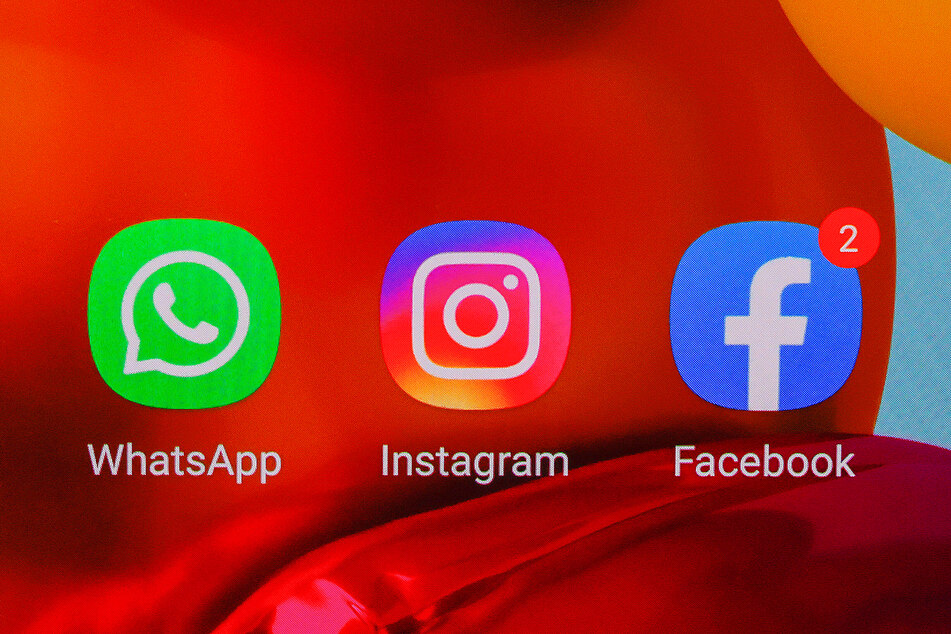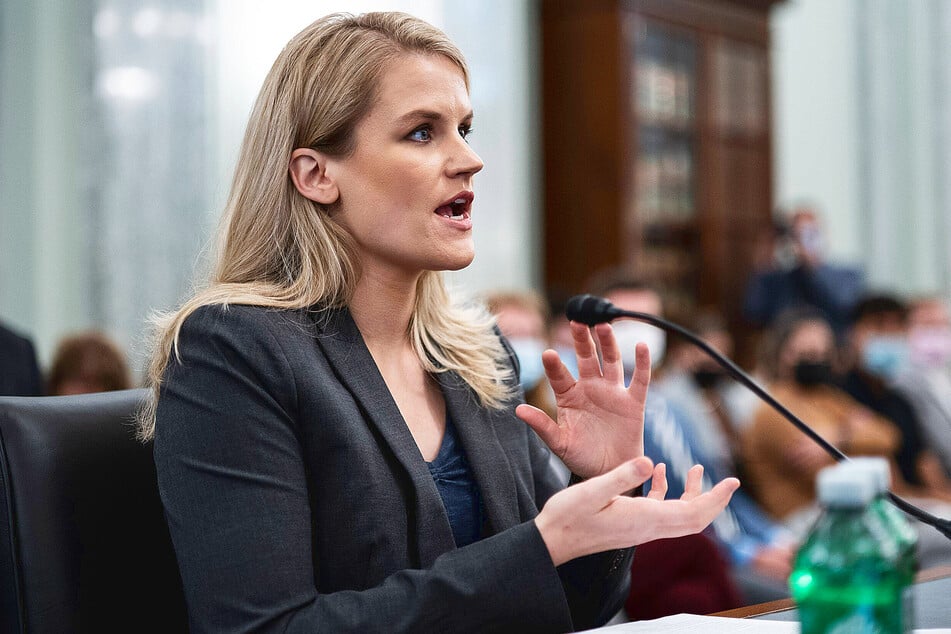"Just take a break": Instagram unveils new measures to protect young users
Menlo Park, California - Facebook has taken a baby step on the road to making its products safer for teens. The social media giant unveiled its excuse for a plan to help young users on Instagram, a product that Facebook's internal research found to be deeply harmful to some of its teen users.

Facebook's VP of Global Affairs, Nick Clegg explained in CNN State of the Nation Interview with Dana Bash how the company will keep young users safe.
In the interview, Clegg broke down Facebook's daring plan for helping the "one in five US teens" who feel worse about themselves because of using Instagram.
Clegg thinks that Instagram for Kids, designed for kids under the age of 13, is "part of the solution" for keeping young users safe.
However, the new app has been put on ice due to public outcry over the Wall Street Journal's reporting on how toxic Instagram is for teens.
The new safety measures for Instagram users include opt-in parental controls, which will allow parents to keep tabs on what their teen is doing when they are online, but the feature begs the question: which teens are going to let their parents control what they do on their phone?
Another small change is the "nudge" function. The function will add other kinds of content to the mix in their feeds when Instagram notices they are repeatedly looking at content that might not "be conducive" to their well-being. Clegg did not explain how the algorithm actually works, or why it isn't already keeping more wholesome content in the mix.
The third part of Facebook's healing touch is "prompting teens to simply take a break from using Instagram."
Apparently the trick with using a product that is taking a toll on your mental health is simply taking a break before getting back into the self-destructive infinite scroll.
Profit above all for Facebook

These three meager measures for Instagram user health come after Frances Haugen leaked tens of thousands of internal Facebook documents, some of which the Wall Street Journal reported on to shed light on the deeply toxic nature of Instagram for teen users.
The whistleblower's interview with CBS 60 Minutes anchor Scott Pelley showed the world who was behind the leak, and added her professional perspective on the mismatch between Facebook's public statements and its internal policies.
Haugen also testified before Congress that Facebook knowingly concealed its research results, which show that its algorithms help to spread disinformation and hate on Facebook, and that teen users' mental health can suffer from using Instagram.
The whistleblower said she doesn't want the company to be taken down, but that Facebook needs to change its business model so that it is protecting its users more than focusing on its profit margin.
Facebook leadership has pushed back against the portrayal of its internal research.
Head of Instagram Adam Mosseri and Facebook Policy Communications Director Andy Stone both claimed that the Wall Street Journal reports didn't properly represent the facts.
This hasn't done much to contain the fallout from a scandal that already feels like it could have huge implications for the tech titan.
Cover photo: imago/Fotoarena